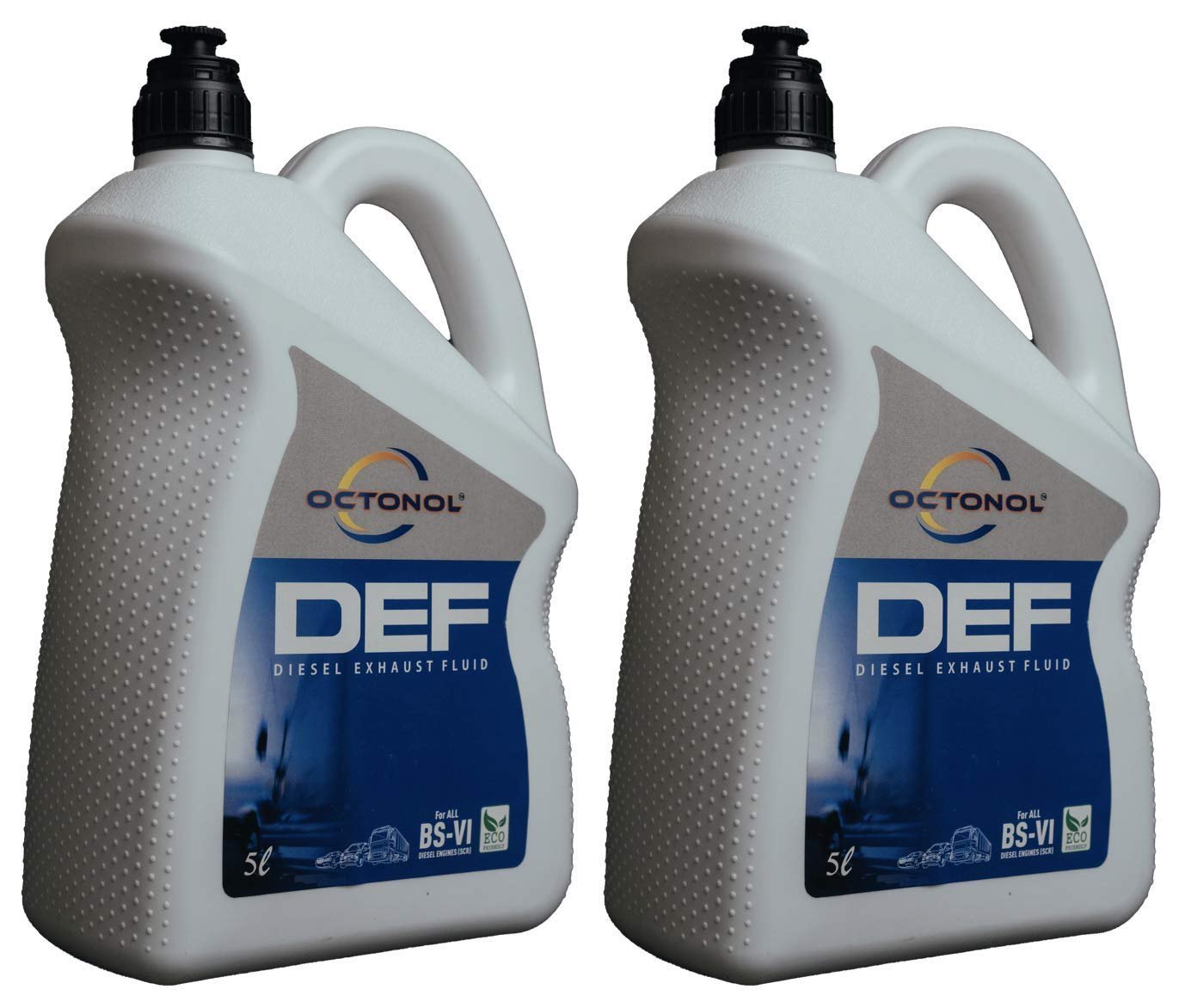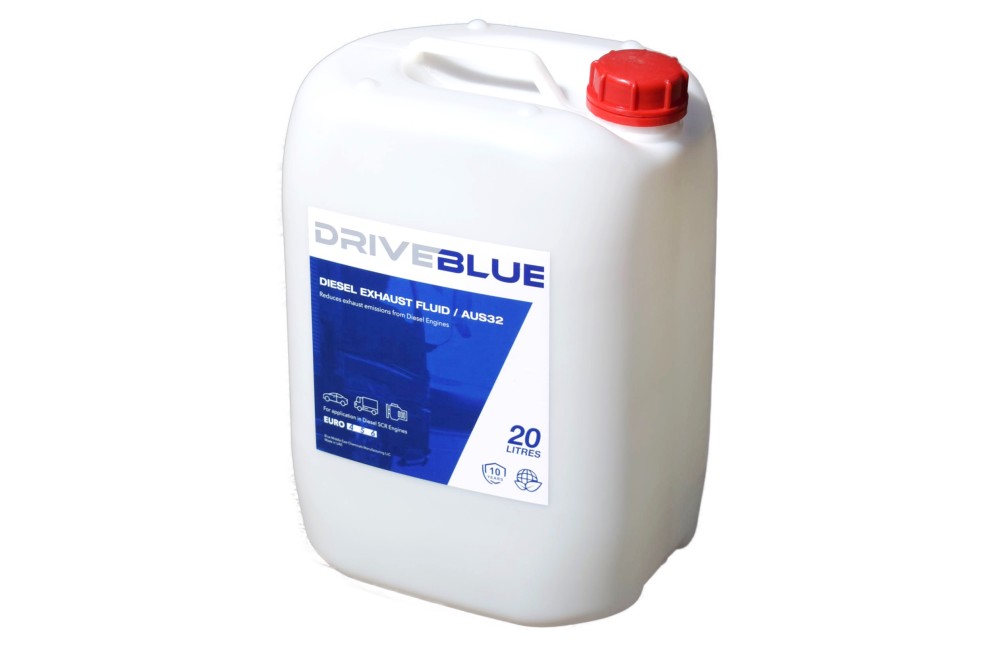Introduction:
Diesel engines are ubiquitous in various applications, from transportation to industrial machinery. While these engines offer robust performance and fuel efficiency, they also require proper maintenance to operate smoothly. One critical aspect of diesel engine maintenance is understanding and managing Diesel-Engine Fluid. For beginners, navigating the world of Diesel-Engine Fluids can be daunting. This blog aims to demystify Diesel Engine Fluid, providing a comprehensive guide for beginners.

Understanding Diesel-Engine Fluid:
Diesel-Engine Fluid encompasses various substances essential for the efficient operation of a diesel engine. These fluids serve different purposes, including lubrication, cooling, and cleaning. The primary types of Diesel-Engine Fluids include engine oil, coolant, and diesel exhaust fluid (DEF).
Engine Oil:
Engine oil is perhaps the most well-known Diesel-Engine Fluid. It lubricates the engine’s moving parts, reducing friction and minimizing wear and tear. Additionally, engine oil helps dissipate heat generated during combustion, maintaining optimal engine temperature.
Choosing the right engine oil is crucial for diesel engine performance. It’s essential to refer to the manufacturer’s recommendations regarding oil viscosity and specifications. Regular oil changes are necessary to remove contaminants and ensure the engine operates smoothly.
Coolant:
Coolant, also known as antifreeze, plays a vital role in controlling the engine’s temperature. Diesel engines generate significant heat during operation, and coolant helps dissipate this heat, preventing overheating and maintaining the engine’s operating temperature within safe limits.
In colder climates, coolant also keeps the engine from corrosion and freezing. It’s essential to maintain the proper coolant-to-water ratio and periodically flush the cooling system to remove any contaminants.
Diesel Exhaust Fluid (DEF):
In modern diesel engines equipped with selective catalytic reduction (SCR) systems, diesel exhaust fluid (DEF) is a crucial component. DEF is a solution comprising urea and deionized water. When injected into the exhaust stream, DEF reacts with nitrogen oxides (NOx) to convert them into harmless nitrogen and water vapor, reducing harmful emissions.
Understanding the role of DEF is essential for diesel engine operators, as its proper usage ensures compliance with emissions regulations and helps minimize environmental impact.
Maintenance and Handling:
Proper handling and maintenance of Diesel-Engine Fluids are essential for ensuring optimal engine performance and longevity. Here are a few important pointers for beginners:
Follow Manufacturer Recommendations: Always refer to the manufacturer’s guidelines regarding the type of fluids to use and the recommended maintenance schedule.
Regular Inspections: Periodically inspect fluid levels and quality to identify any leaks, contamination, or signs of degradation.
Scheduled Maintenance: Adhere to scheduled maintenance intervals for fluid changes and system inspections.
Proper Storage: Store Diesel-Engine Fluids in sealed containers in a cool, dry place away from direct sunlight.
Safe Handling: Use appropriate safety equipment when handling Diesel-Engine Fluids, such as gloves and goggles, and follow proper disposal procedures for used fluids.

Conclusion:
Understanding Diesel-Engine Fluid is essential for beginners looking to maintain and optimize the performance of their diesel-powered vehicles or machinery. By grasping the roles and importance of engine oil, coolant, and DEF, beginners can effectively manage their diesel engines’ maintenance needs. Proper handling, regular inspections, and adherence to manufacturer recommendations are key to ensuring the longevity and efficiency of diesel engines. With this knowledge, beginners can navigate the world of Diesel-Engine Fluids with confidence.
